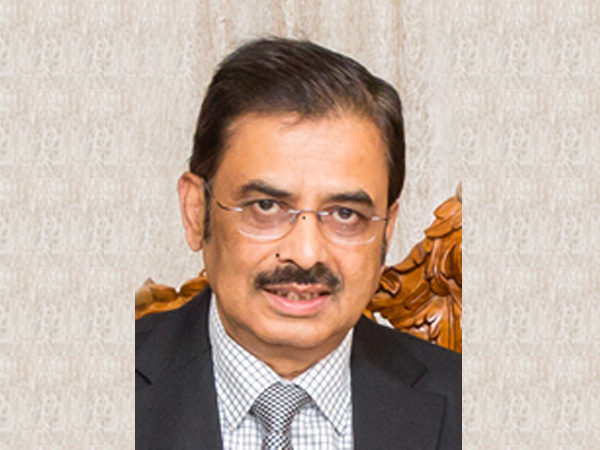Muslims in India, in population, form the second largest majority of India. It is also the second largest Muslim population among nations of the world, second only to Indonesia. However, when it comes to its representation in governance, in various government and non-government institutions, in Military and in police, in administrative services, in educational institutions, in corporate offices, in banks or any field of significance, Muslim numbers are dismally low. Other minorities such as Sikhs, Jains and Christians have far higher proportional representation in all fields. At the same time, when it comes to petty jobs such as Rikshaw pullers, labourers doing menial jobs, child labour working in small scale industry, Muslims representation is much higher compared to their counterparts of other religious communities.
Over past couple of decades, even lower sections of Hindus such as dalits have progressed significantly and a few studies claim that Muslims are now below dalits in socioeconomic standing in India.
Muslim rulers ruled India for well over eight hundred years. Beginning in the 12th century, several Islamic states were established in the Indian subcontinent in the course of a gradual Muslim conquest in the Indian subcontinent.
The last of Muslim rulers were Mughals, who ruled most of India for well over 300 years. The Muslim rule gradually declined due to dominance of Maratha rule and several other rebellions. With strengthening of British East India Company, British rule crushed the last Muslim empire of Bahadur Shah Zafar. British rulers were particularly severe in oppressing Muslims of India as they had captured power from them. Till then, traditionally, Muslims in India were urban, with rulers from the Sultanate period to the Mughals, settling in cities that were expanded and beautified.
Many Muslims had begun acquiring jagirs or large rural estates and had led the aristocratic lifestyle. British, to a large extent, dismantled the Indian Muslim aristocracy in the bloody aftermath of the revolution of 1857.
The Muslim community as a whole was held responsible for anti-British movement by a vengeful British Empire. Entire neighbourhoods in Delhi were attacked, thousands of Muslim hanged, shot or blown from the mouths of canons. Not only the emperor Bahadur Shah Zafar, but many other leading figures of the time, were exiled to die in penury. Muslims were truly traumatised which led them to oppose anything British, including modern education. Sir Syed Ahmed Khan tried to change this mind-set by establishing Aligarh Muslim University. Yet, by and large, Muslims were unable to reconcile to their loss of power to the British. Hindus, on the other hand, had no such reservations as many of them acquired Western education and started filling positions in the bureaucracy.
With the creation of Pakistan, many educated Muslims migrated to Pakistan, thus further weakening Muslim communities who opted to stay in India. Hardliner Hindus, upset over one thousand years of rule by Muslims and creation of Pakistan, engaged in demeaning Muslims. They strengthened themselves politically by arousing communal hatred among Hindus. This resulted in sporadic communal riots taking place in independent India, many of which causing death of thousands of Muslims and destruction of their properties and businesses. India now faces a huge challenge of countering Hindu extremism which has become a major stumbling block to the progress of the nation. A nation, which prides itself of achieving tremendous industrial growth, more particularly in modern information technology sector, has failed to overcome the communal divide, large scale corruption and widespread poverty. Muslims of India face even much bigger challenges. On one hand they need to find ways to turn around their socioeconomic backwardness, even bigger challenge they face is to counter Hindutava movement which, at times, seem to threaten the very existence of Muslims in the nation.
Muslim leadership in India needs to focus on the contemporary issues facing India . Many Muslim politicians are unable to stand firmly for their community and this needs to change. Muslim community organisations need to effectively work at ground levels to improve socioeconomic condition and empowerment of masses sincerely and effectively. Religious leadership needs to change their dogmatic ways and utilise the concept of ijtehad in as an intellectual and practical endeavour to seek the solutions to contemporary issues.
Together, Muslims living in India as well as those living outside India need to strive to work together for the betterment of the Muslims of India in tackiling these challenges head on.
